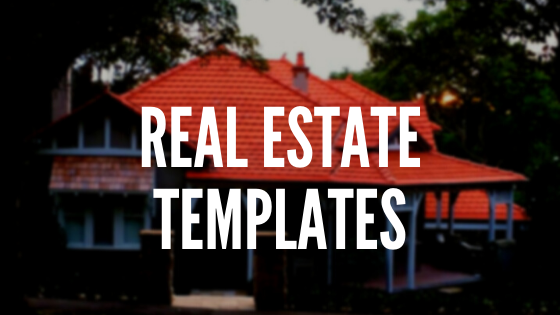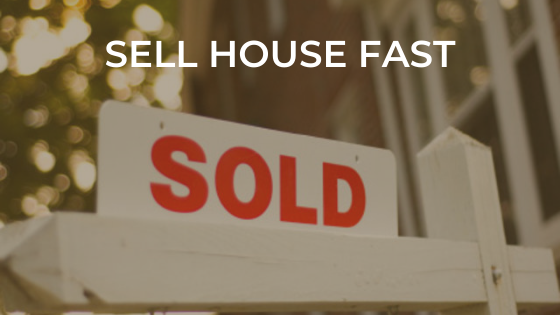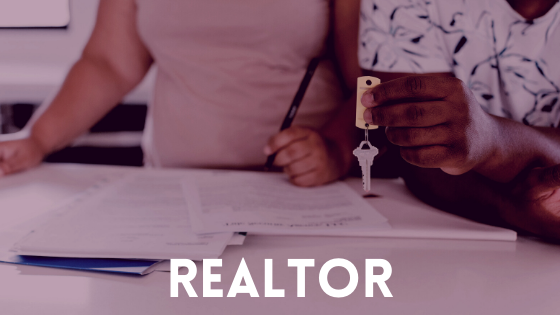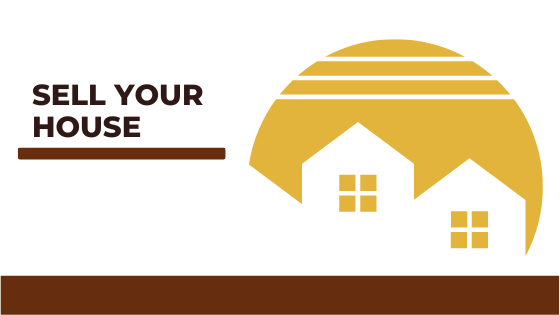There are a lot of great reasons to buy a home of your own. Not only does owning your own home mean that you have total privacy (no landlord making inspections) and total control (if you’ve ever had to move because your landlord sold the house you’re renting, you know what I mean), but owning your own home also means that you’re investing in your financial future.
Think about it this way: right now, you’re probably renting. Every month, you work hard to earn the money for your rent. Every month, you give that money to your landlord, who uses it to make the mortgage payment on the house you’re living in. After 30 years, you’ve bought your landlord a free-and-clear property!
On the other hand, if you BOUGHT the same home and made payments on it for 30 years, YOU would be the one who owned the free and clear property.
And how much would your home be worth in 30 years? Well, on the average, home prices in the United States double about every 10 years. So, instead of a worthless pile of rent receipts, you’d have a paid-off home worth as much as FOUR TIMES what you paid for it!
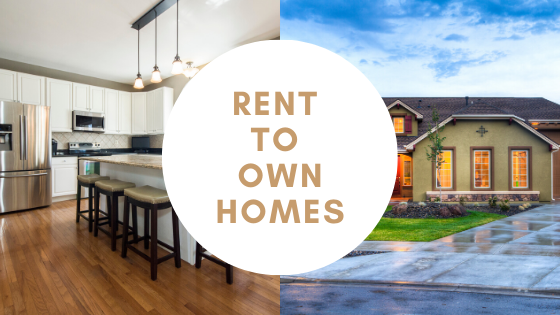
Think of what you could do with all that value–you could sell the home to pay for your retirement or your children’s college education; you could keep living in the house through your old age, then leave it to your kids or grandkids as an inheritance; or you could sell it or refinance it to pay for a dream trip around the world or a retirement home somewhere nice and warm!
So, why don’t you put down this report and go out and buy a home right now? It’s probably because you can’t–at least not by the “traditional” method of going to the bank and qualifying for a mortgage. About 4 out of 10 Americans don’t have the credit or down payment to get a regular mortgage. And that’s where a lease option also called rent to own homes comes in.
When you Lease a home with the Option to Buy, you get the advantage of living in your home now and setting the price now but have several months or years to straighten out your credit or save a down payment to go to the bank.
Also, when you make improvements to the property (like adding a deck, upgrading the bathroom, or landscaping the outside), the VALUE of the property goes up, but THE AMOUNT YOU OWE DOESN’T GO UP. This is called “sweat equity,” and it’s a way to develop a “down payment” on a home through your own labor.
